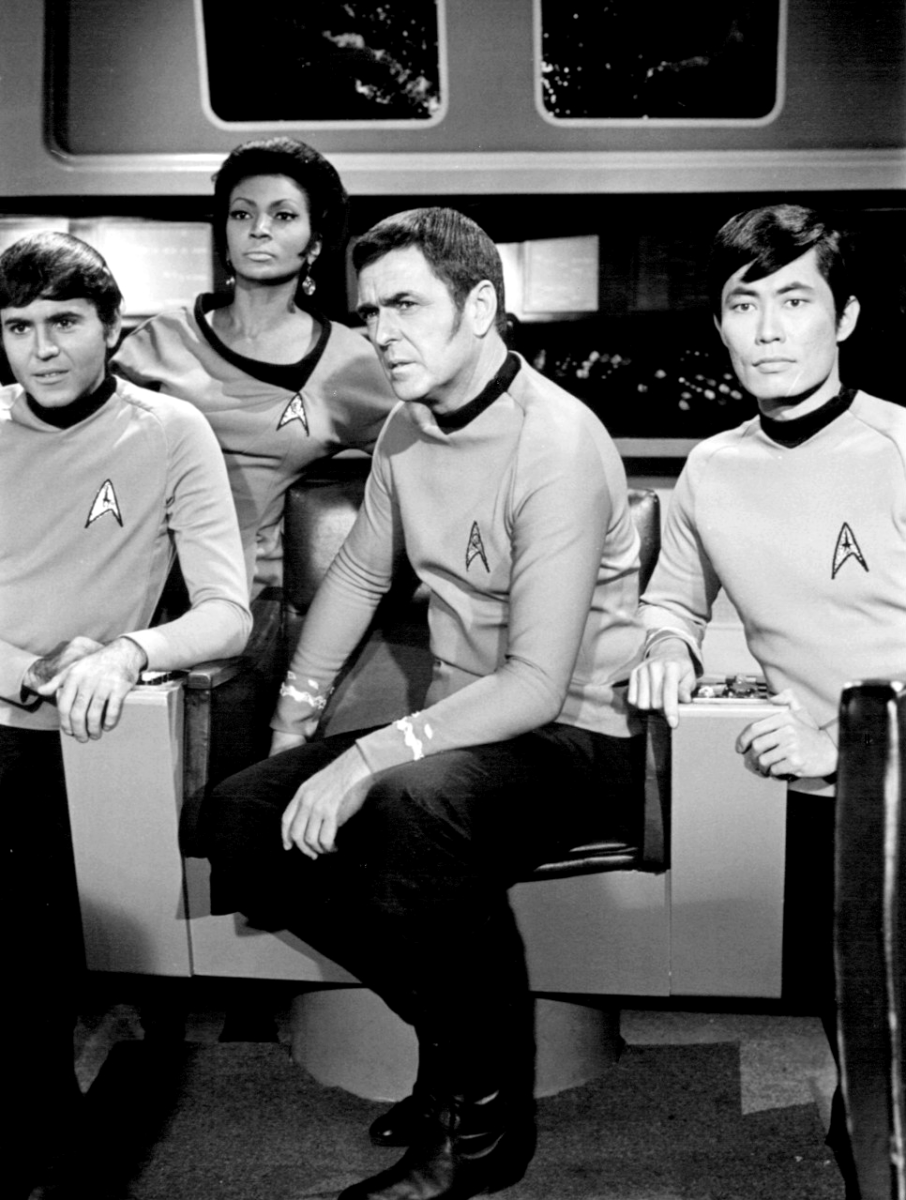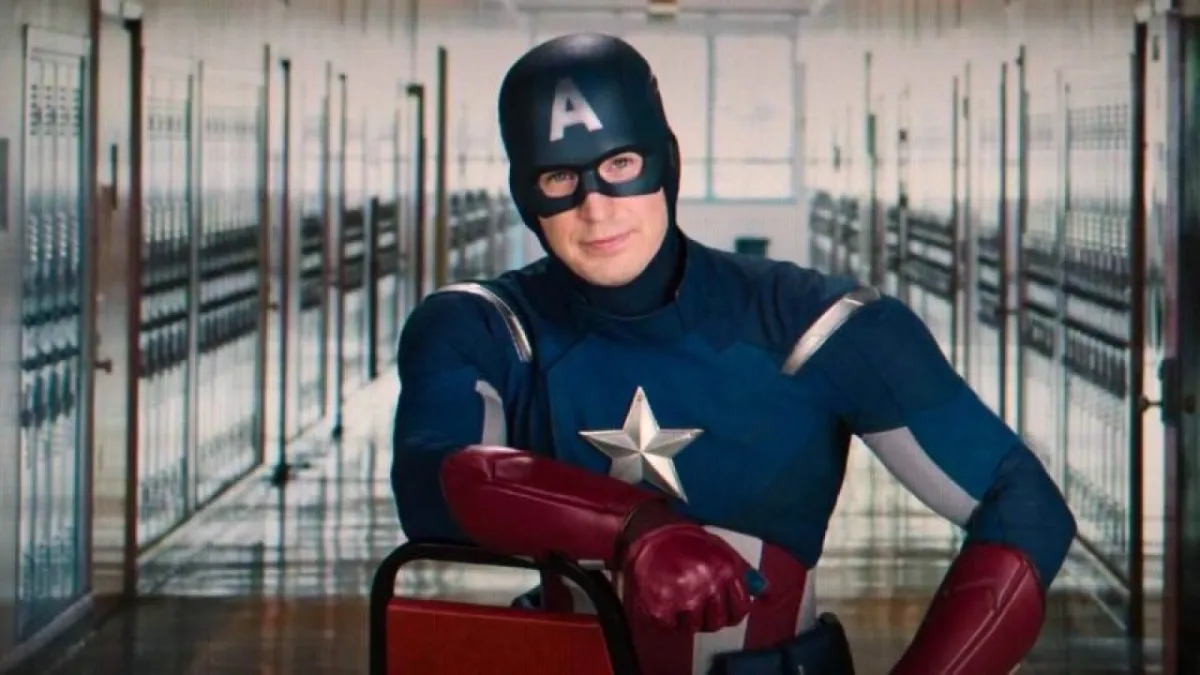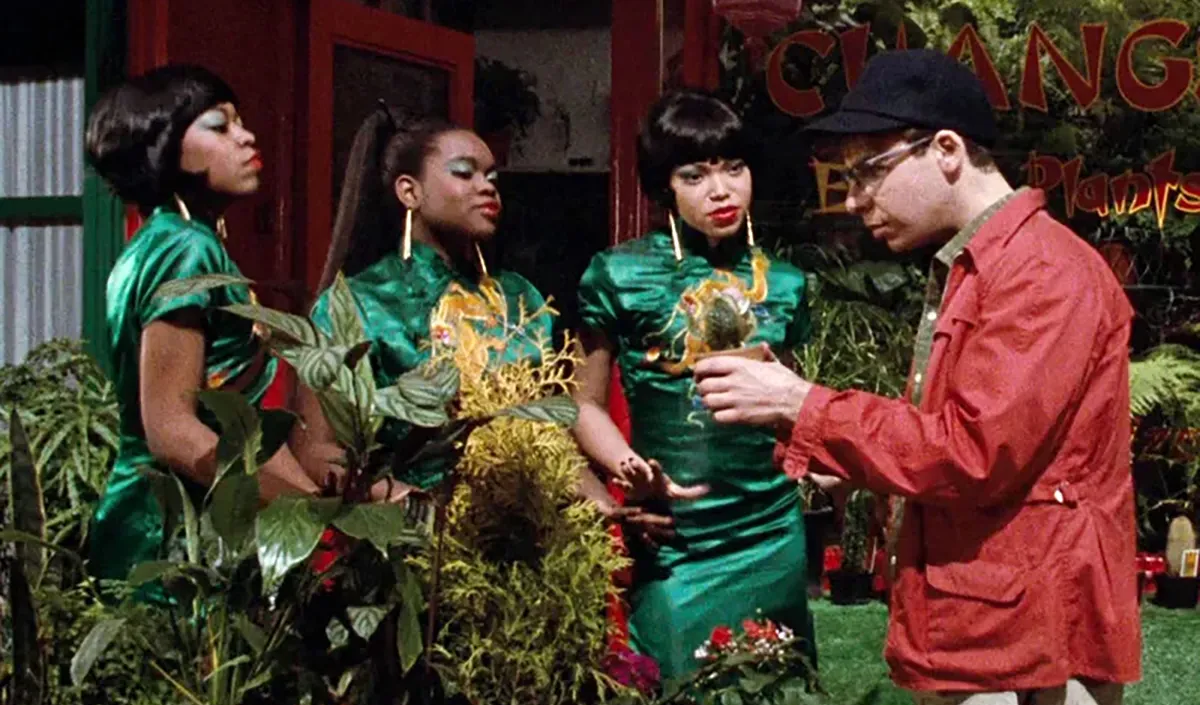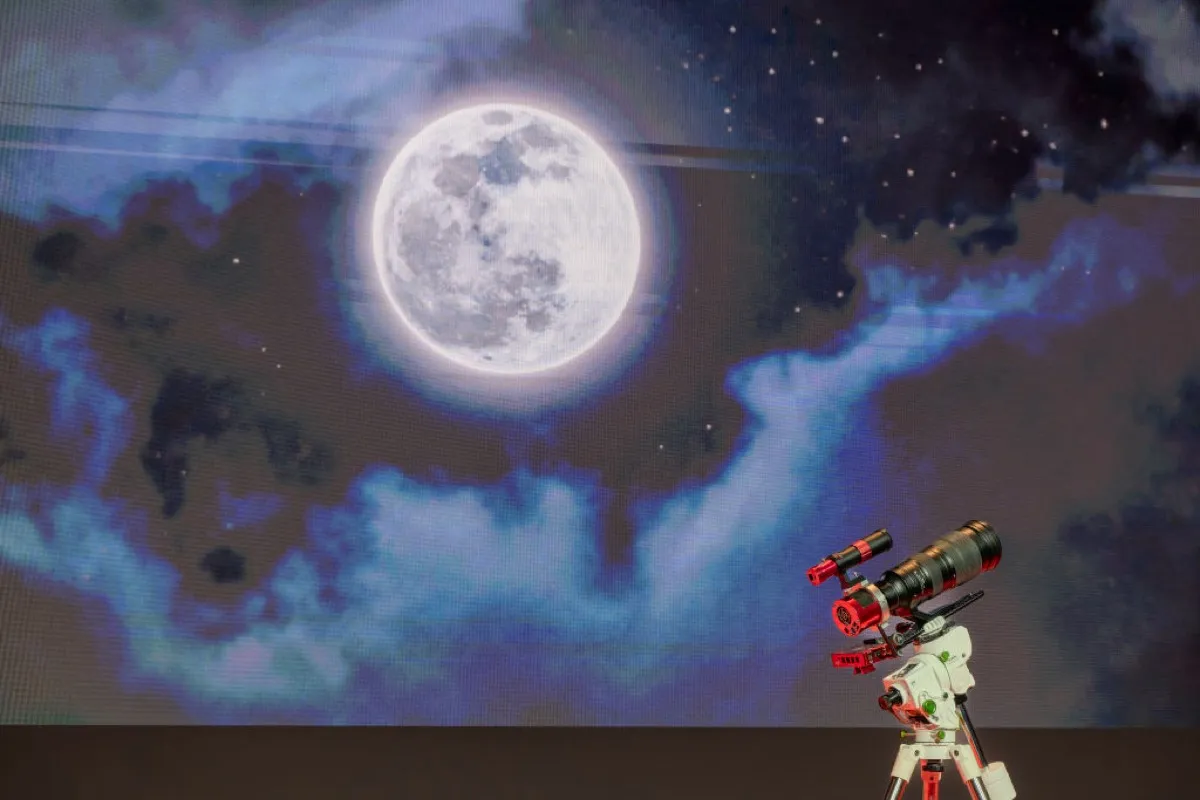In honor of Star Trek‘s 50th anniversary today, NASA interviewed two stars from the original cast: Nichelle Nichols, who played Uhura, and George Takei, who played Sulu. In the past fifty years, their contributions to science fiction have been celebrated many times over—and by now, they know well how much their roles meant to viewers, in terms of humanizing and normalizing the idea of a gender-diverse and racially diverse team of space explorers. But at the time, did Nichols and Takei have any idea how valuable Star Trek: The Original Series would be, particularly for real people considering careers in space travel?
That’s one of the questions asked in this video by NASA Administrator Charles Bolden, who cites himself as one of the many astronauts of color who benefited from Nichols’ efforts to increase diversity in NASA’s space programs. Mae Jemison, the first-ever African-American woman to travel to space, has also cited Nichols’ role as Uhura on Star Trek as her reason for joining NASA.
Nichols responded by saying that NASA’s John Yardley actually approached her first to ask for her help in advocating the cause, because he knew that she was interested in the issue. Nichols’ involvement with NASA continues to this day, by the way; she flew in a NASA mission last year.
Bolden also asks Takei about his role, and whether he realized that Sulu would “break new ground” for Asian actors. “At that time,” Takei responded, “I was just happy to be doing Star Trek. When I got cast, I knew that this was—first of all, personally—a fantastic opportunity for me. To be playing a character who was a part of the leadership team, speaking without an accent, boldly going where no one had gone before, you know. But at the same time, I was mindful of the fact that as an Asian-American, I was a representative figure.”
Nichelle Nichols admits that she did not realize, at least at first, that she would be seen as a representative figure as well. She tells a brief version of the story of the time that she met Dr. Martin Luther King, who was himself a big Star Trek fan, and how King impressed upon her the importance of her staying on the show: “What you accomplish for all of us will only be real if you stay.” Nichols was planning to leave after the first season, but after speaking to King, she decided to continue with it. Nichols has told a longer version of this story elsewhere, which you can watch here.
In celebrating Star Trek‘s 50th, it’s always valuable to remember that in addition to being a fun show to watch, Star Trek was also an incredibly valuable and influential show for our real-life space explorations and for encouraging more people to believe that they, too, could take part in that journey.
(via NASA on Twitter, image via Wikimedia Commons)
Want more stories like this? Become a subscriber and support the site!
—The Mary Sue has a strict comment policy that forbids, but is not limited to, personal insults toward anyone, hate speech, and trolling.—
Follow The Mary Sue on Twitter, Facebook, Tumblr, Pinterest, & Google+.









Published: Sep 8, 2016 03:12 pm